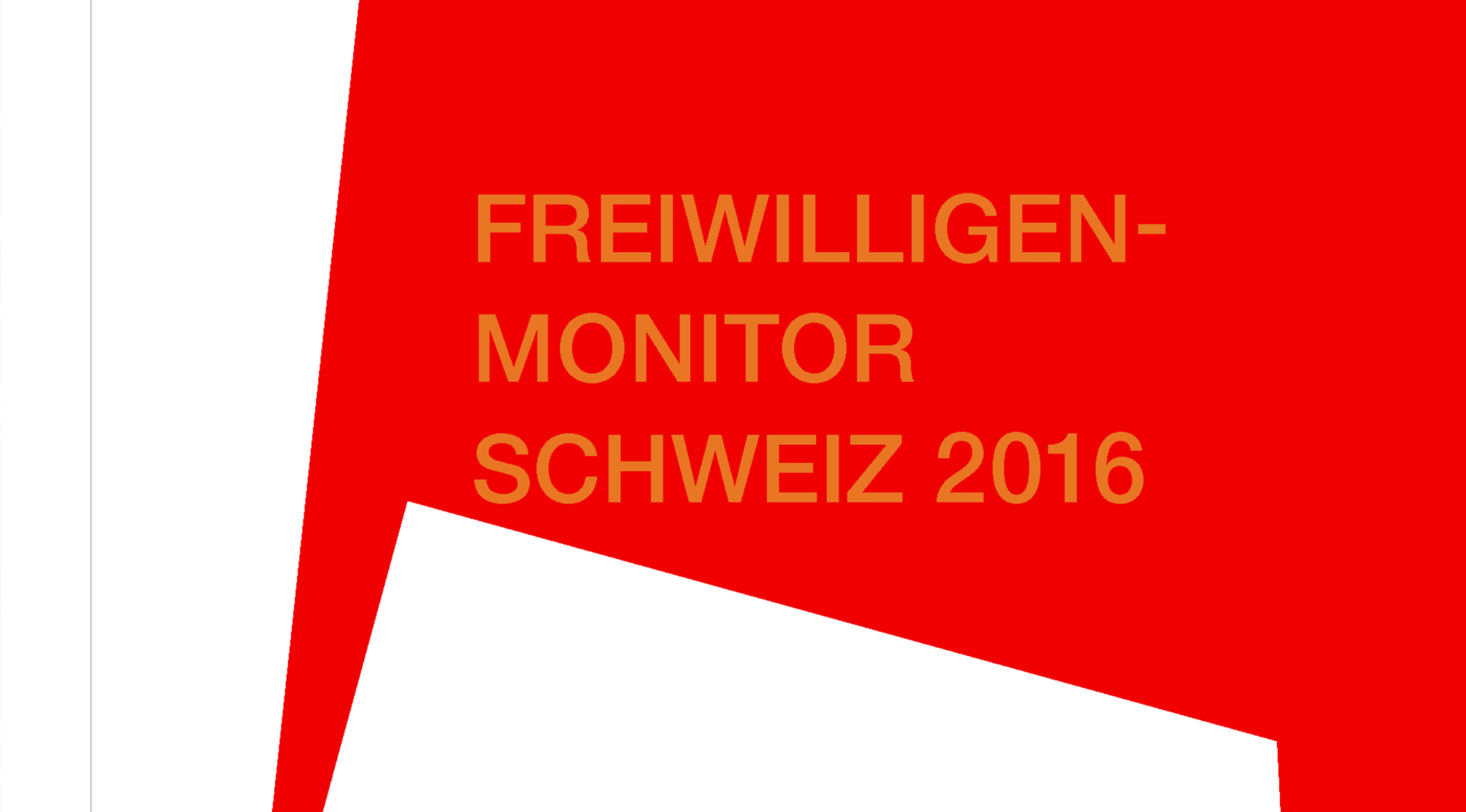I’d like to begin by congratulating KOFF on addressing this fascinating topic. Voluntary work is seen quite simply as an expression of community spirit and solidarity. That is why many people do not dare to challenge voluntary work as a civic virtue, the quality of the services actually provided and any tensions that may arise for the employees of NPOs and NGOs. The relationship between paid and unpaid workers is complex.
The fact that volunteers work for free does not mean to say that they do not have any expectations of or demands on the NPOs and NGOs that they work for. It is precisely because they waive financial compensation in a world that revolves around money that they place even more value on immaterial assets that others often dispense with if they work for a wage. Volunteers want their work to mean something and look forward to experiencing joy and a sense of community from what they do. Many volunteers are deliberately not looking for responsibility and leadership roles from unpaid work, but rather human contact, for example, when caring for others. Nonetheless, they also want to play an active role by having a say and making decisions on projects and in organizations. In this day and age, voluntary work need no longer conflict with the demands of your family, your career and your hobbies. The value congruence of institutions is also a decisive factor in motivating volunteers.
These days, volunteers expect to be professionally supported in their voluntary commitment, in a similar way to the HR management they experience in their working life. From recruitment and induction to further education opportunities and marks of recognition through to their final certificate – more and more volunteers are expecting a professional form of volunteer management.
In order to prevent tensions from arising between volunteers and paid workers, especially in the care sector, it makes sense to employ volunteers in positions for which professional requirements are not necessary. Nevertheless, professionalization is continuing to grow in voluntary work. Professional skills are required, not only on association and foundation boards, but also in seemingly simple volunteer positions, where more and more state or internal regulations exist.
Voluntary work is moving closer to logic and the paradigm of gainful employment. It is no wonder that the call for effectiveness, efficiency and quality criteria in volunteer work is getting louder too. It is also becoming more and more common for volunteers to be given service contracts by the state which are checked accordingly. The question as to whether and to what extent voluntary commitment represents a contractual relationship that falls under labor law is therefore not absurd. Volunteering is increasingly losing its character as a counter model to the instrumental rationality of gainful employment. Volunteering should continue to give you the opportunity to try something new and develop new skills without having to overcome the obstacles of formal training. Voluntary work should continue to be an invaluable individual and social luxury.


